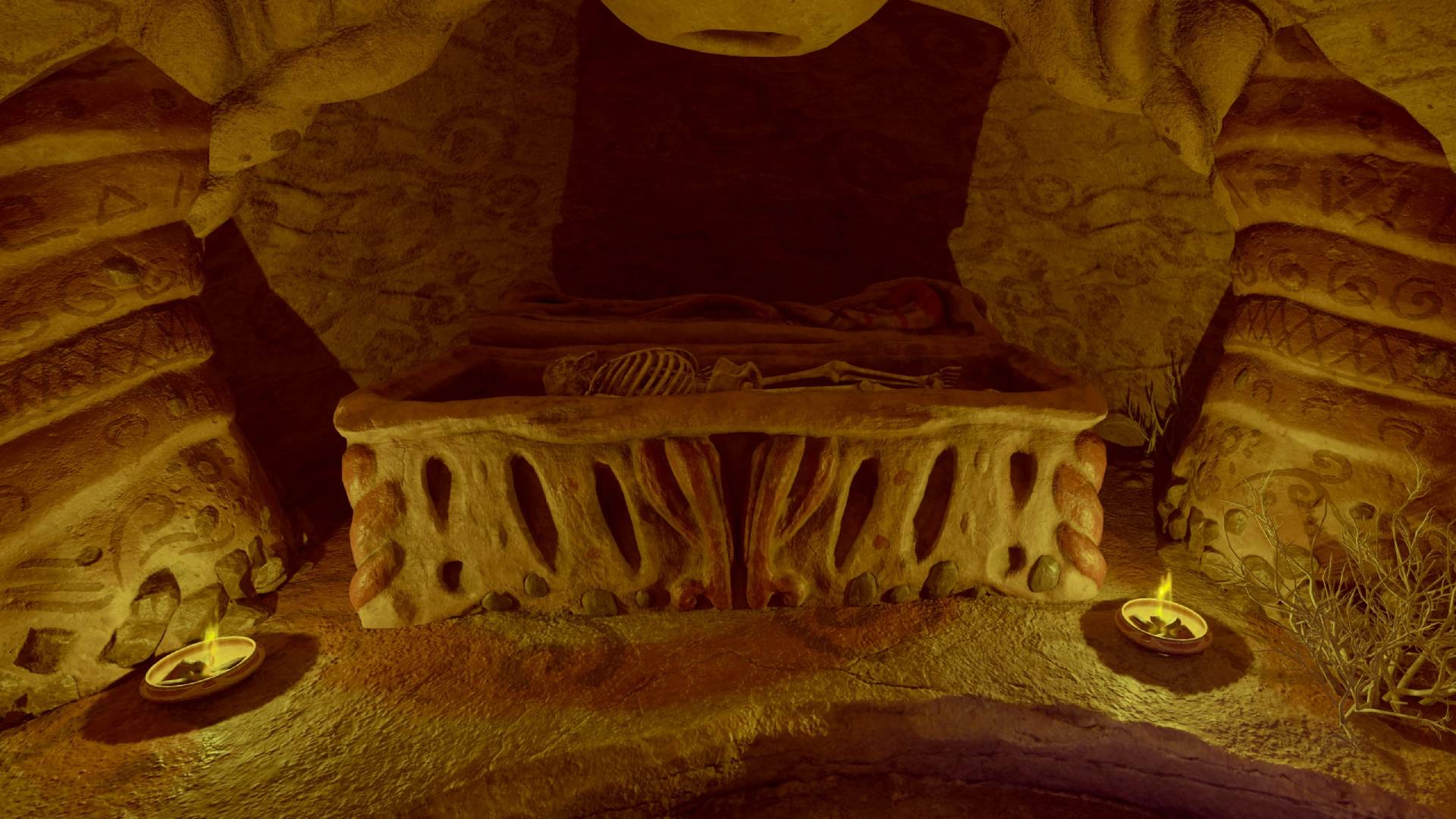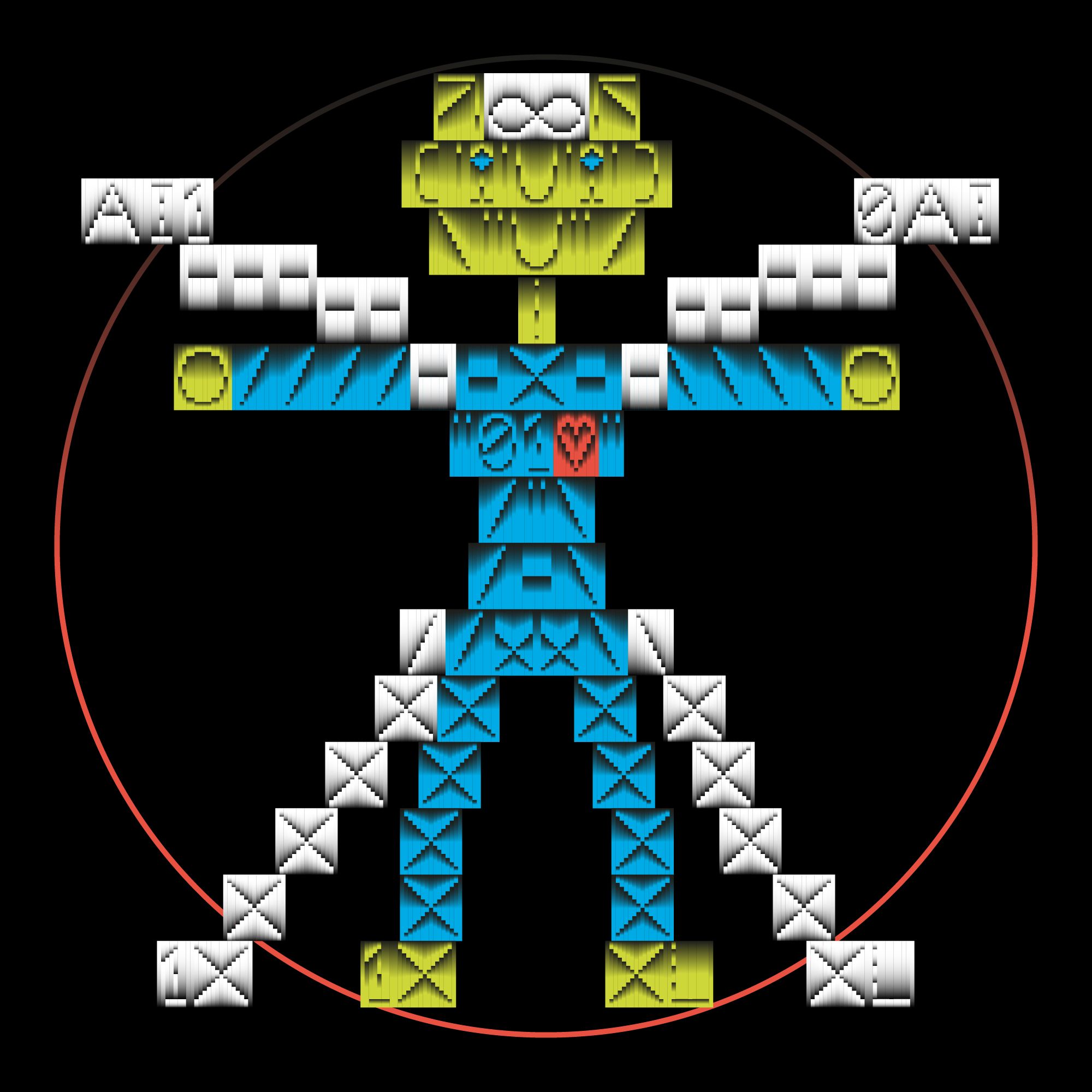While the mainstream success of Dungeons & Dragons role-playing game Baldur’s Gate 3 is undeniable, developer Larian has yet to announce a sales figure. But after financial records for last year were made public, we finally have an idea of just how big Baldur’s Gate 3 really was.
Confirmation comes from financial records posted by the Dublin, Ireland holding company for Larian, which is ostensibly based in Belgium, and controlled by majority shareholder, founder, and CEO Swen Vincke. (Ireland is one of the world’s most significant tax havens, with corporate tax revenues exploding in the country over the last decade.)
According to a paywalled report by the Irish Independent, Larian posted a €249 million (approx $260.9 million) pre-tax profit for 2023, which included the August release of Baldur’s Gate 3. Revenue for the year hit €427 million (approx $447.5 million).
Larian has never announced a sales figure for Baldur’s Gate 3, although publishing director Michael Douse indicated in February that the game had sold well over 10 million copies, and Hasbro, the parent company of Dungeons & Dragons owner Wizards of the Coast, said in March that Baldur's Gate 3 had earned it $90 million due to its licensing deal with Larian. The Irish Independent reported that Baldur’s Gate 3 had sold around 15 million copies and paid out a €28 million dividend this year as a result.
Larian’s bumper 2023 financial results are in stark contrast to the company’s 2022, which saw a loss of €214,000 (approx $224,100) off the back of just €22.7 million (approx $23.7 million) in revenue. Baldur’s Gate 3’s wild success, then, was a game-changer for Larian, and that’s without taking into consideration the ongoing sales Baldur’s Gate 3 has pulled in so far in 2024. Indeed, Douse has said that Baldur’s Gate 3 has 20% more active daily users this year than last, with mods helping to fuel seemingly never-ending interest in the RPG.
Vincke told IGN in September that the success of Baldur’s Gate 3 meant Larian was now in a “luxurious position,” and could “pick our own destiny and our own path.” The developer shocked the video game world when it announced plans to make brand new games outside the Dungeons & Dragons universe, rather than follow Baldur’s Gate 3 with DLC or a sequel.
The Irish Independent confirmed that while Vincke owns virtually all the ordinary shares in Larian’s Dublin holding company, Chinese megacorp Tencent owns a “large chunk” of preference shares in the firm via its Tencent Cloud Europe division.
Baldur’s Gate 3 isn’t Larian’s only hit game, of course, but its success is a magnitude higher than that of its previous RPGs, including Divinity: Original Sin 1 and 2. Larian opened multiple development studios around the world to aid with the development of Baldur’s Gate 3 as part of its “following the sun” concept of 24-hour game development, with teams handing off work to the next time zone at the end of their work day to speed up development. In addition to Dublin, Larian has studios in Kuala Lumpur, Barcelona, Guildford, Quebec, Warsaw, and its original home of Ghent.
Wesley is the UK News Editor for IGN. Find him on Twitter at @wyp100. You can reach Wesley at [email protected] or confidentially at [email protected].















